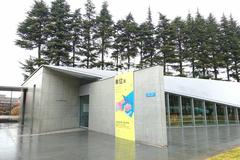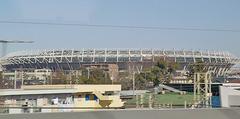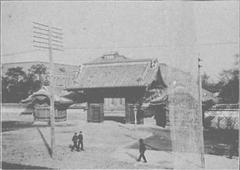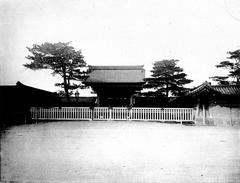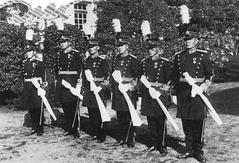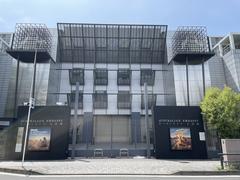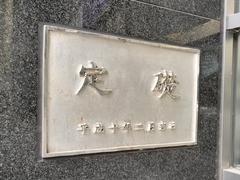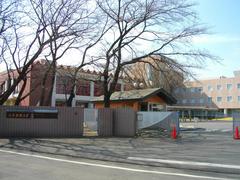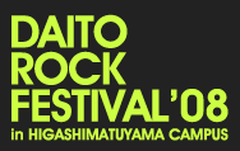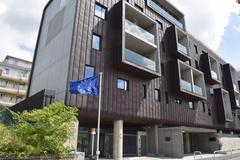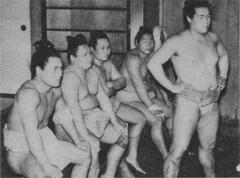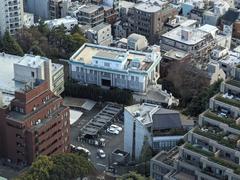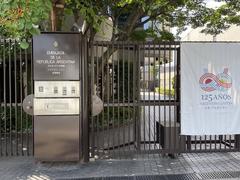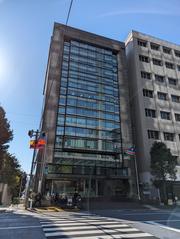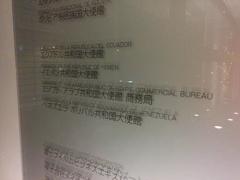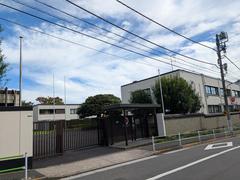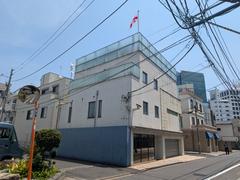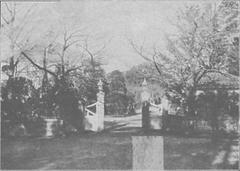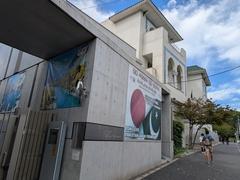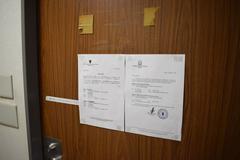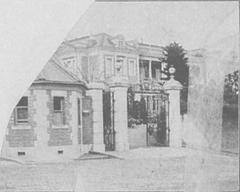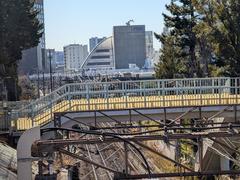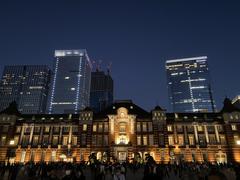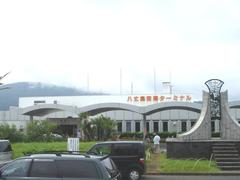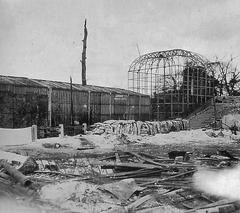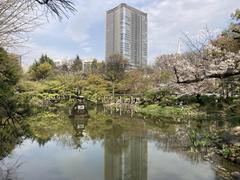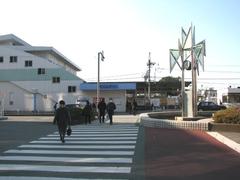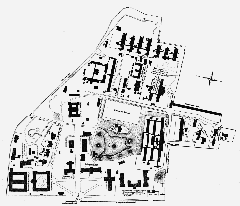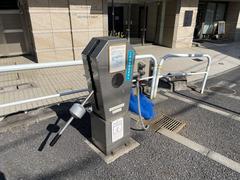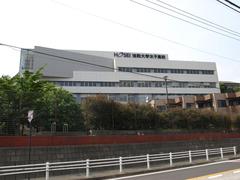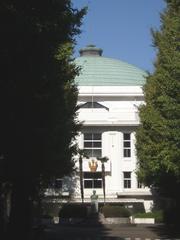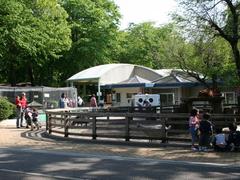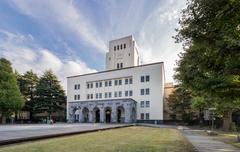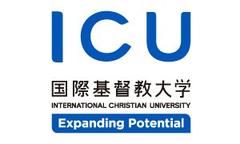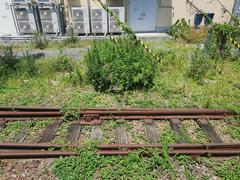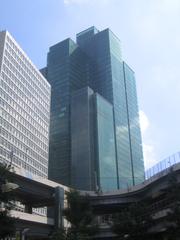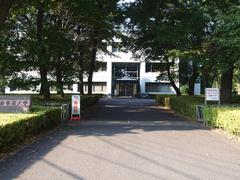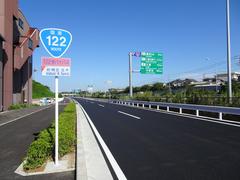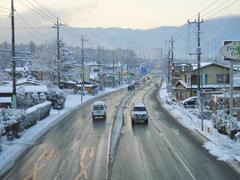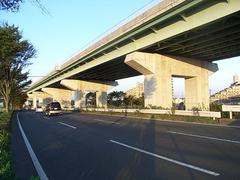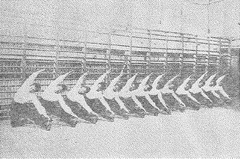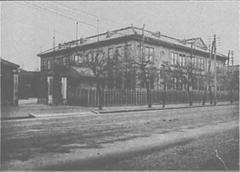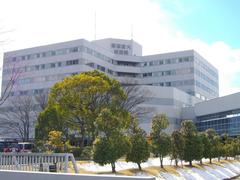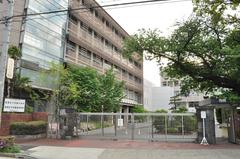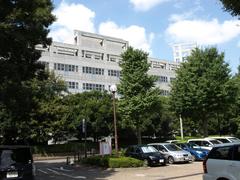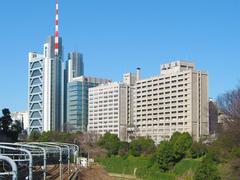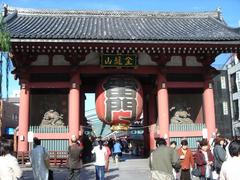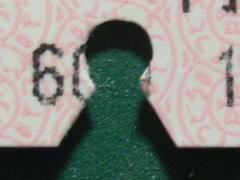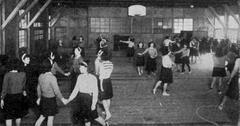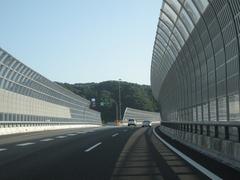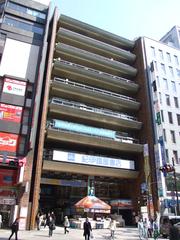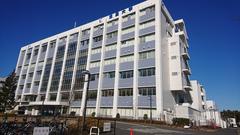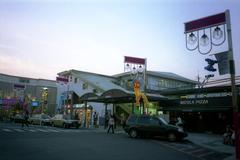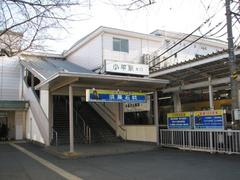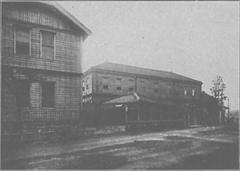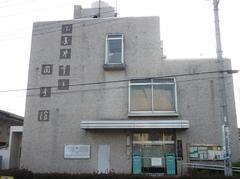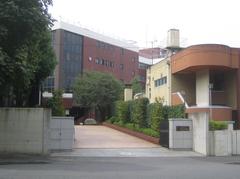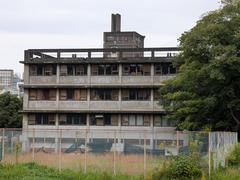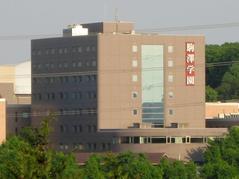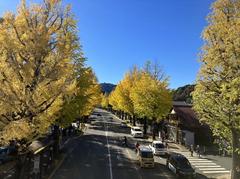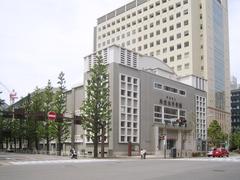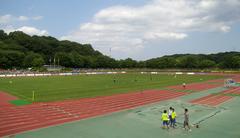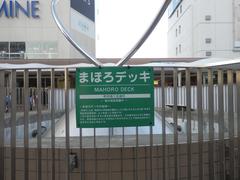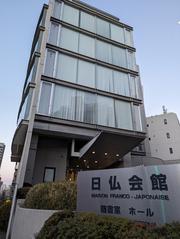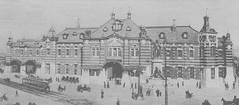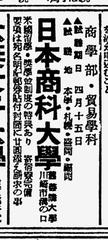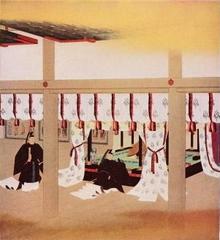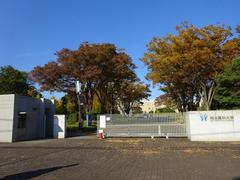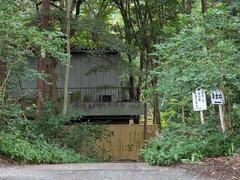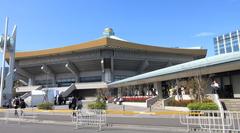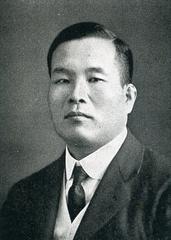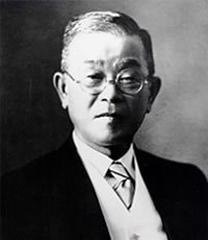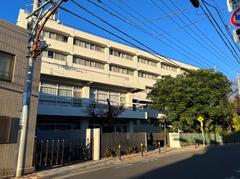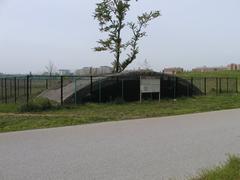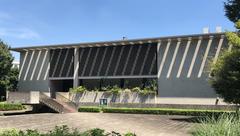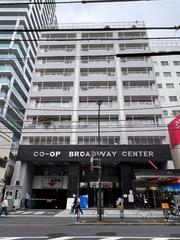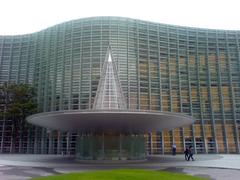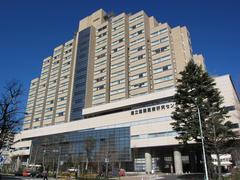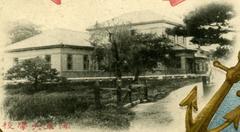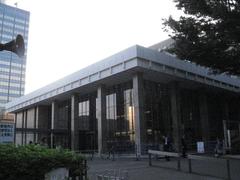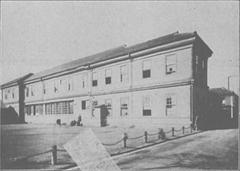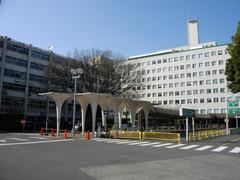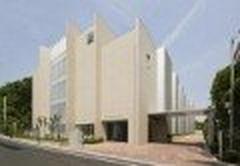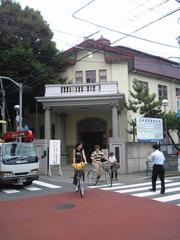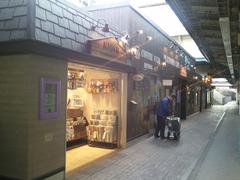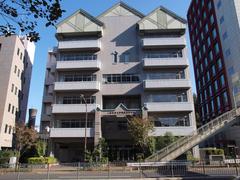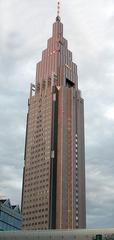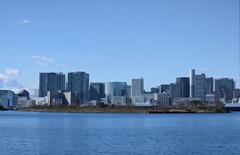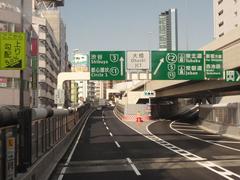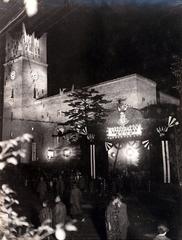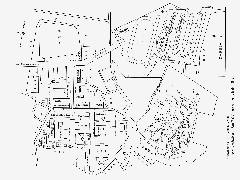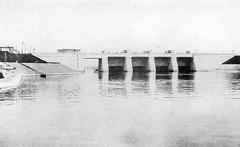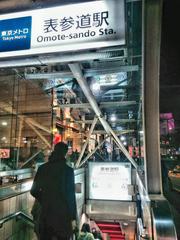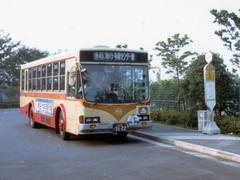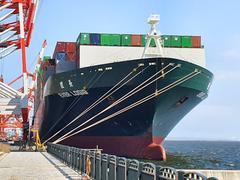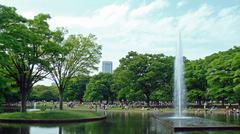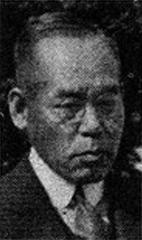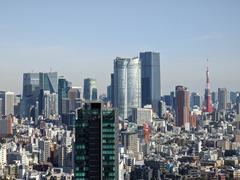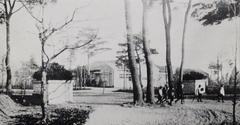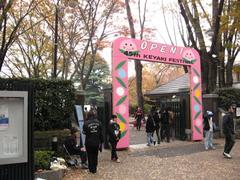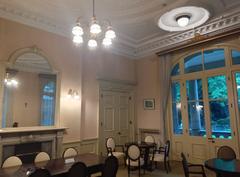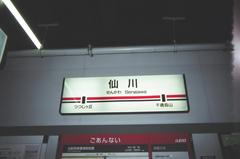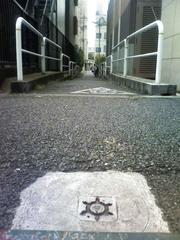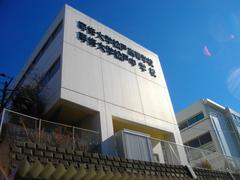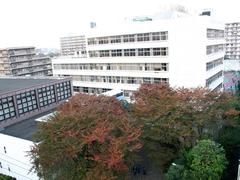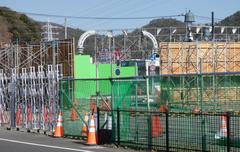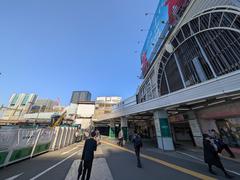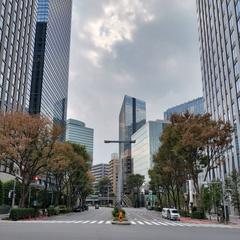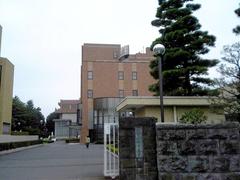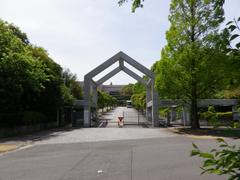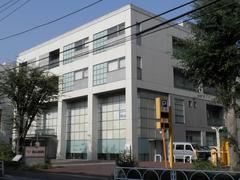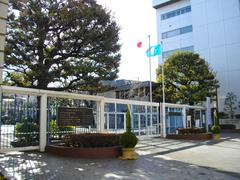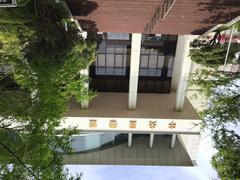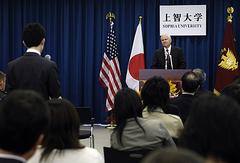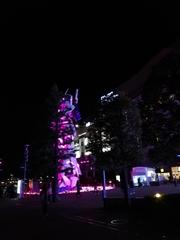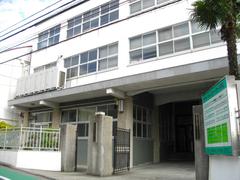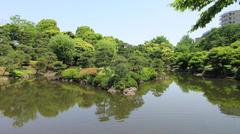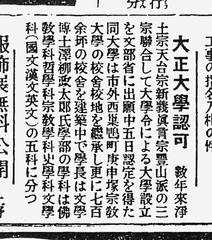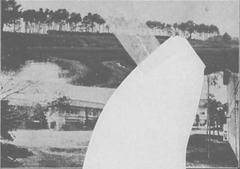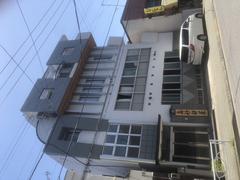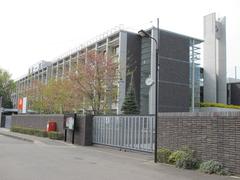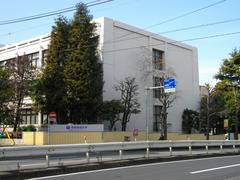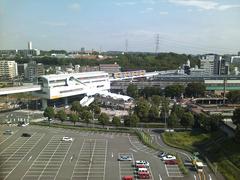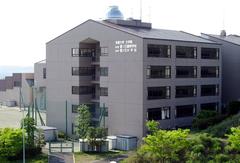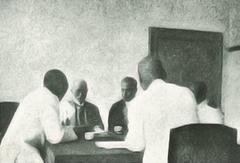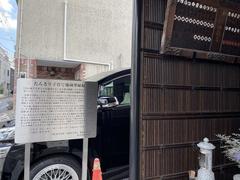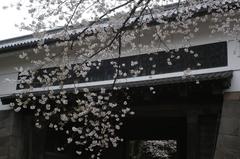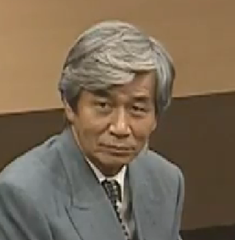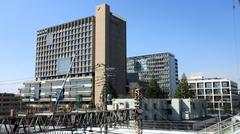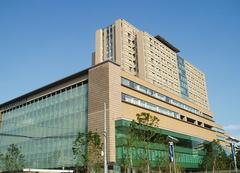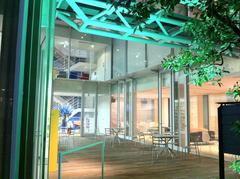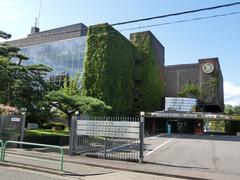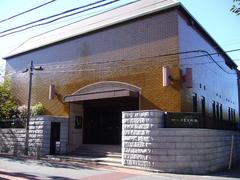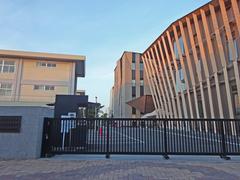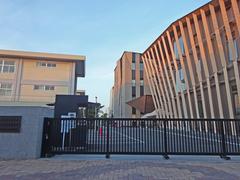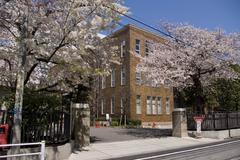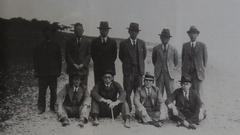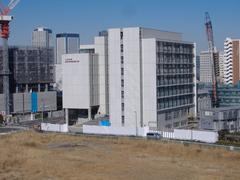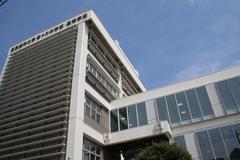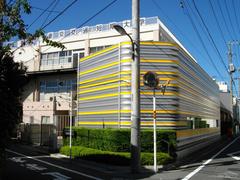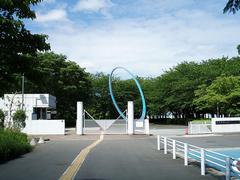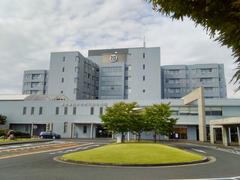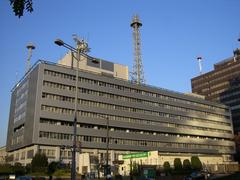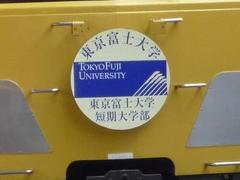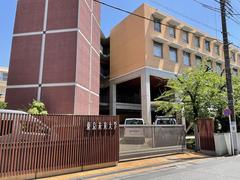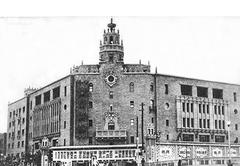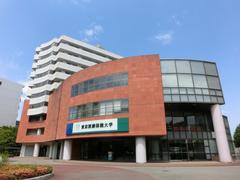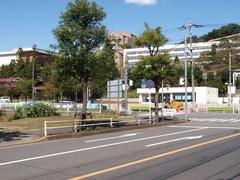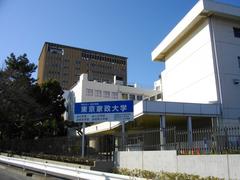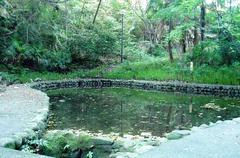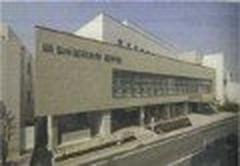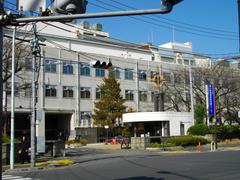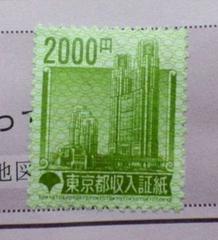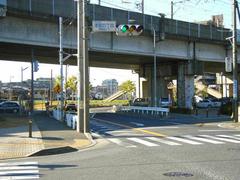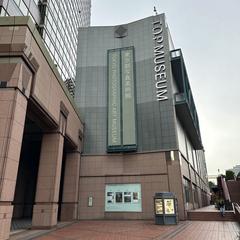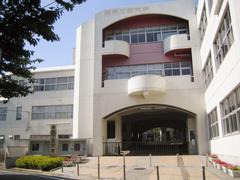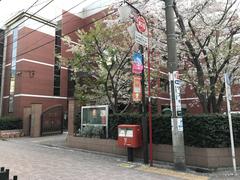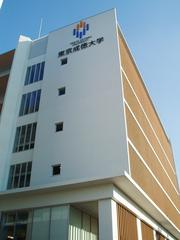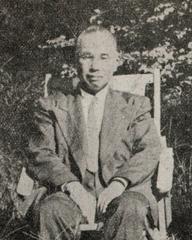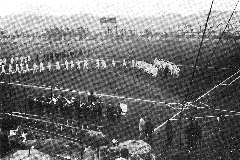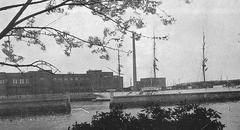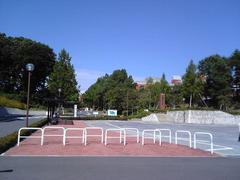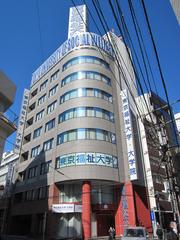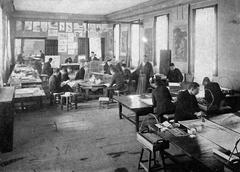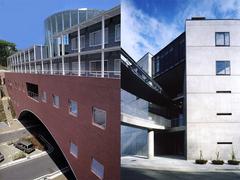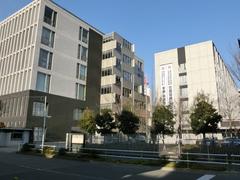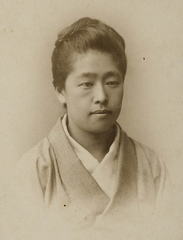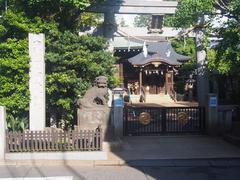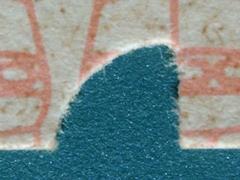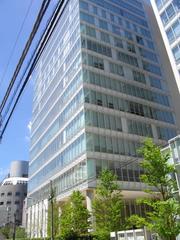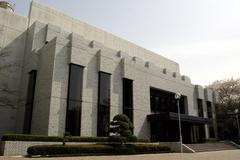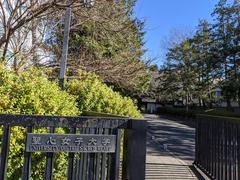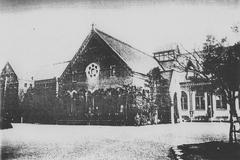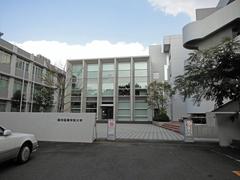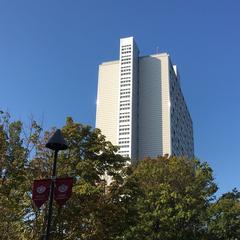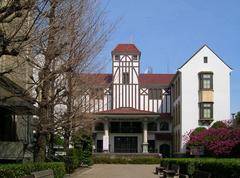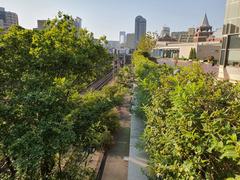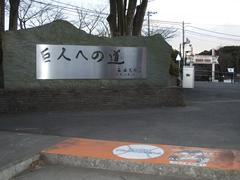Embassy of Portugal in Tokyo: Visiting Hours, Tickets, and Visitor Information
Date: 03/07/2025
Introduction
The Embassy of Portugal in Tokyo stands as a distinguished emblem of nearly five centuries of Portugal-Japan relations—one of the oldest diplomatic ties between a European and an East Asian nation. Founded on first contact in 1543, the bilateral relationship has evolved through periods of cultural exchange, economic partnership, and diplomatic engagement. Today, the embassy not only delivers essential consular services but also acts as a dynamic hub for cultural diplomacy, language promotion, and community outreach.
Whether you are a history enthusiast, a cultural explorer, or a Portuguese national in Japan, this comprehensive guide offers practical information on visiting the embassy, accessing its services, and participating in its vibrant array of cultural programs. For the latest updates, consult the Embassy of Portugal in Tokyo official website and Wikipedia: Japan–Portugal relations.
Table of Contents
- Introduction
- Historical Foundations: Early Encounters and Treaty Era
- The Modern Embassy: Diplomatic and Cultural Roles
- Practical Visitor Information
- Cultural Events and Community Engagement
- Accessibility and Visitor Tips
- Frequently Asked Questions (FAQ)
- Staying Connected
- References
Historical Foundations: Early Encounters and Treaty Era
16th–17th Centuries: First Contact and Influence
The relationship between Portugal and Japan dates back to 1543, when Portuguese sailors landed on Tanegashima Island. This encounter introduced firearms, new foods, and Christianity to Japan, leaving an enduring mark on Japanese society. Portuguese culinary influences like tempura, konpeitō (sugar candy), and castella (sponge cake) remain popular, with linguistic traces in their names (Wikipedia: Japan–Portugal relations).
However, Japan’s policy of sakoku (isolation) in the 17th century curtailed official ties, limiting further exchange until the 19th century.
19th Century: Treaty and Reengagement
Official relations resumed during the Meiji Restoration. The 1860 Treaty of Peace, Amity and Commerce reestablished formal diplomatic links, supported by figures such as Isidoro Francisco Guimarães, then-governor of Macau. Portuguese communities in Yokohama and Kobe contributed to local culture and commerce, with notable figures like Vicente Emílio Braga modernizing Japanese accounting practices. Portuguese exports, especially wine and cork, became key trade items (Macao Magazine: Portugal and Japan—480 years of cooperation).
20th Century: Modern Diplomatic Relations
Post-World War II, diplomatic relations were restored in 1953, coinciding with the establishment of the Embassy of Portugal in Tokyo (Wikipedia: Japan–Portugal relations). The embassy quickly became a focal point for bilateral engagement, especially as Portugal democratized and joined the European Economic Community. Notable events included Portugal’s participation in the 1964 Tokyo Olympics and trade partnerships in industry and maritime sectors (Macao Magazine: Portugal and Japan—480 years of cooperation).
The Modern Embassy: Diplomatic and Cultural Roles
Diplomatic Engagement
The embassy facilitates regular political dialogue, supports economic and technological cooperation, and represents Portugal in multilateral forums such as the G7, G20, and the European Union delegation in Tokyo (Portal Diplomático). Recent initiatives include organizing business seminars at Expo 2025 Osaka to promote Portuguese innovation and industry (Travel and Tour World).
Cultural Diplomacy
The embassy actively promotes Portuguese heritage through language classes, exhibitions, film screenings, and music events—often in collaboration with the Camões – Centro Cultural Português (Embassy of Portugal in Japan: Cultural Center). Fado performances, art exhibitions, and Portuguese film weeks are regular highlights, fostering cross-cultural appreciation and people-to-people connections.
Community Support
For Portuguese nationals and residents, the embassy provides essential consular services, including passport and visa issuance, legal and notarial services, and emergency support.
Practical Visitor Information
- Address: 3-6-6 Nishi-Azabu, Minato-ku, Tokyo 106-0031
- Contact:
- Phone: (+81) 3-6447-7873 / 3-6447-7870
- Email: [email protected]
- Official Website: Embassy of Portugal in Tokyo
- Visiting Hours: Monday to Friday, 09:30 to 12:30 (excluding Japanese and Portuguese public holidays)
- Entry: Walk-in visitors are welcome for general inquiries and consular services during business hours; many processes require prior appointment—confirm via the website or by phone/email.
- Accessibility: The premises are wheelchair-accessible and equipped to assist visitors with disabilities. Notify staff in advance if special assistance is needed.
- Nearby Attractions: Located in Tokyo’s embassy district, the area offers access to museums, parks, and the Camões Cultural Center.
Cultural Events and Community Engagement
The embassy is a vibrant venue for cultural diplomacy, hosting:
- Portuguese Film Week: Screenings with director Q&As
- Fado Night: Live music celebrating Portugal’s traditional genre
- Art Exhibitions: Showcasing emerging and established Portuguese artists
- Gastronomy Workshops: Cooking classes on classic dishes like bacalhau
- National Day Celebrations (June 10): Featuring performances and Portuguese cuisine
Many events are free; some require advance registration or tickets, with details posted on the official website and social media.
The embassy partners with Japanese educational and cultural institutions for academic exchanges, language courses, and festivals such as Festa de São João.
Accessibility and Visitor Tips
- Bring a valid photo ID for entry; security checks are standard.
- Confirm event details and register in advance if needed—some activities have limited capacity.
- The embassy is easily reached by public transport; nearest subway stations include Hiroo and Roppongi.
- Facilities for visitors with disabilities are available.
Frequently Asked Questions (FAQ)
Q: What are the embassy’s visiting hours?
A: Monday to Friday, 09:30–12:30, excluding holidays.
Q: Do I need tickets for cultural events?
A: Most events are free; some may require tickets or registration. Check the official website.
Q: Is the embassy wheelchair accessible?
A: Yes, with facilities for visitors with special needs. Contact in advance for specific accommodations.
Q: How do I register for language courses or workshops?
A: Details are provided on the embassy’s website and social media.
Q: Can I volunteer or intern at the embassy?
A: Yes, the embassy offers volunteer and internship opportunities in event organization and communications.
Staying Connected
Subscribe to the embassy’s newsletter and follow their social media for the latest event announcements and cultural news. The embassy also collaborates with local Portuguese associations and the Camões Institute for extended programming.
Download the Audiala app for curated cultural updates and notifications about Portugal-Japan relations.
References
- Embassy of Portugal in Tokyo
- Wikipedia: Japan–Portugal relations
- Macao Magazine: Portugal and Japan—480 years of cooperation
- Portal Diplomático
- Travel and Tour World
- Embassy of Portugal Tokyo
Summary
The Embassy of Portugal in Tokyo serves as a vital diplomatic mission and a lively cultural hub, reflecting centuries of partnership between Portugal and Japan. Beyond consular services, it provides unmatched opportunities to experience Portuguese language, art, music, and cuisine in Japan. For the latest visitor information, event listings, and consular guidance, consult the embassy’s website. Stay engaged and explore the rich legacy of Portugal-Japan relations through ongoing cultural programs and community initiatives.
